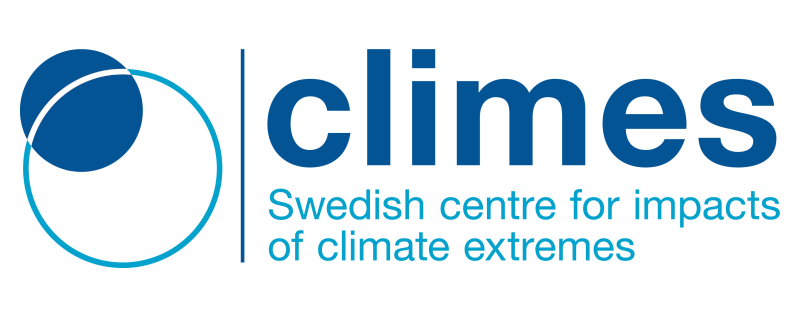Partnership between Climate AI Nordics and CLIMES

We are excited to share our partnership with CLIMES, the Swedish Centre for Impacts of Climate Extremes 🌍✨!
Read more on our /partners/!

We are excited to share our partnership with CLIMES, the Swedish Centre for Impacts of Climate Extremes 🌍✨!
Read more on our /partners/!
Published:
Welcome to the Climate AI Nordics Newsletter, June 2025! This month’s newsletter highlights the first nine months of Climate AI Nordics, including events, publications, and new collaborations across the Nordic region. It also features job openings, upcoming events, and a spotlight on one of our members working with AI for aquatic biodiversity mapping.
Published:
From pioneering AI models for weather and biodiversity to our first Nordic Workshop on AI for Climate Change, the Climate AI Nordics community has grown and thrived over the past 9 months. Here's a look back at our webinars, newsletters, and key milestones.
Published:
This paper explores the potential for using neural networks to model atmospheric particle formation. The neural network-based model, tasked here to predict cluster binding energies, achieved the target chemical accuracy of less than 1 kcal/mol, although kernel ridge regression had a slightly lower error. Training was over an order of magnitude faster with the neural network compared to kernel ridge regression.
Published:
Edmond is a researcher at SLU Aqua (Swedish University of Agricultural Sciences) within the Unit for Protected Areas and Marine Planning. He is particularly interested in applied research questions related to mapping aquatic biodiversity and using this information to inform conservation decisions. More specifically, he is interested in how we might be able to utilize the power of machine learning and AI to map species and ecosystems, especially where data are limited.